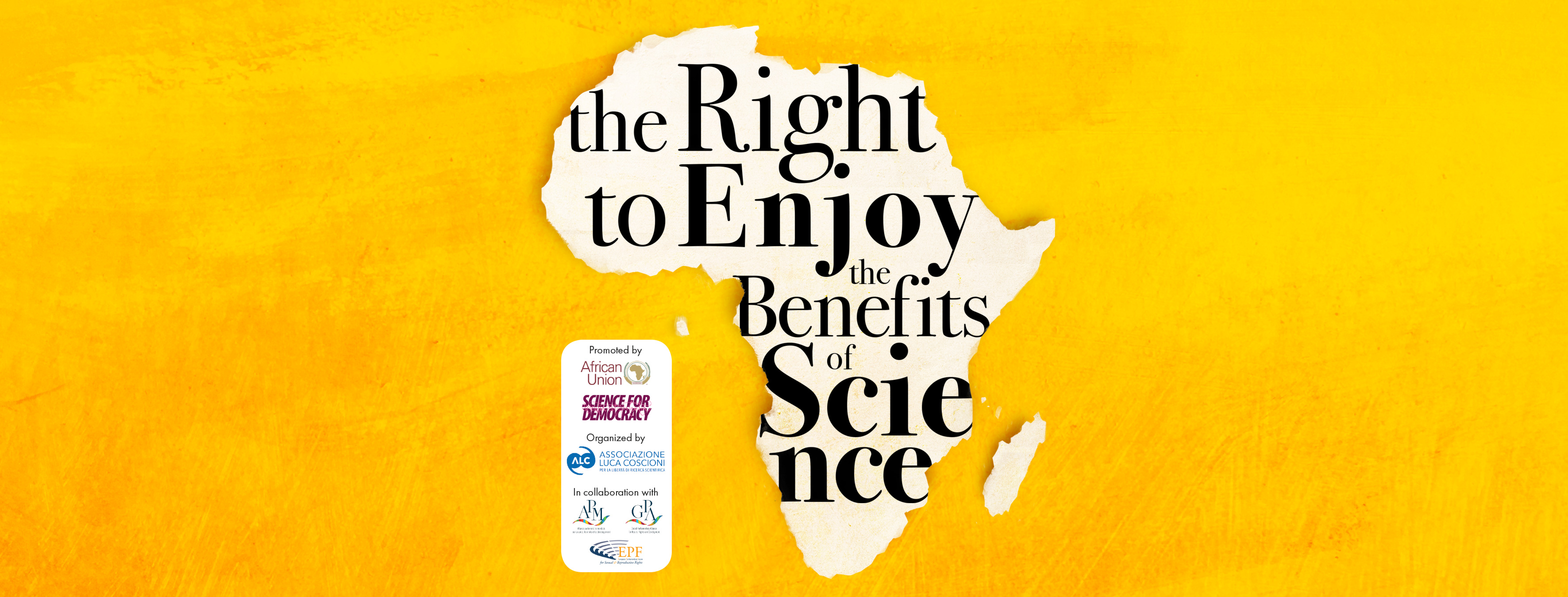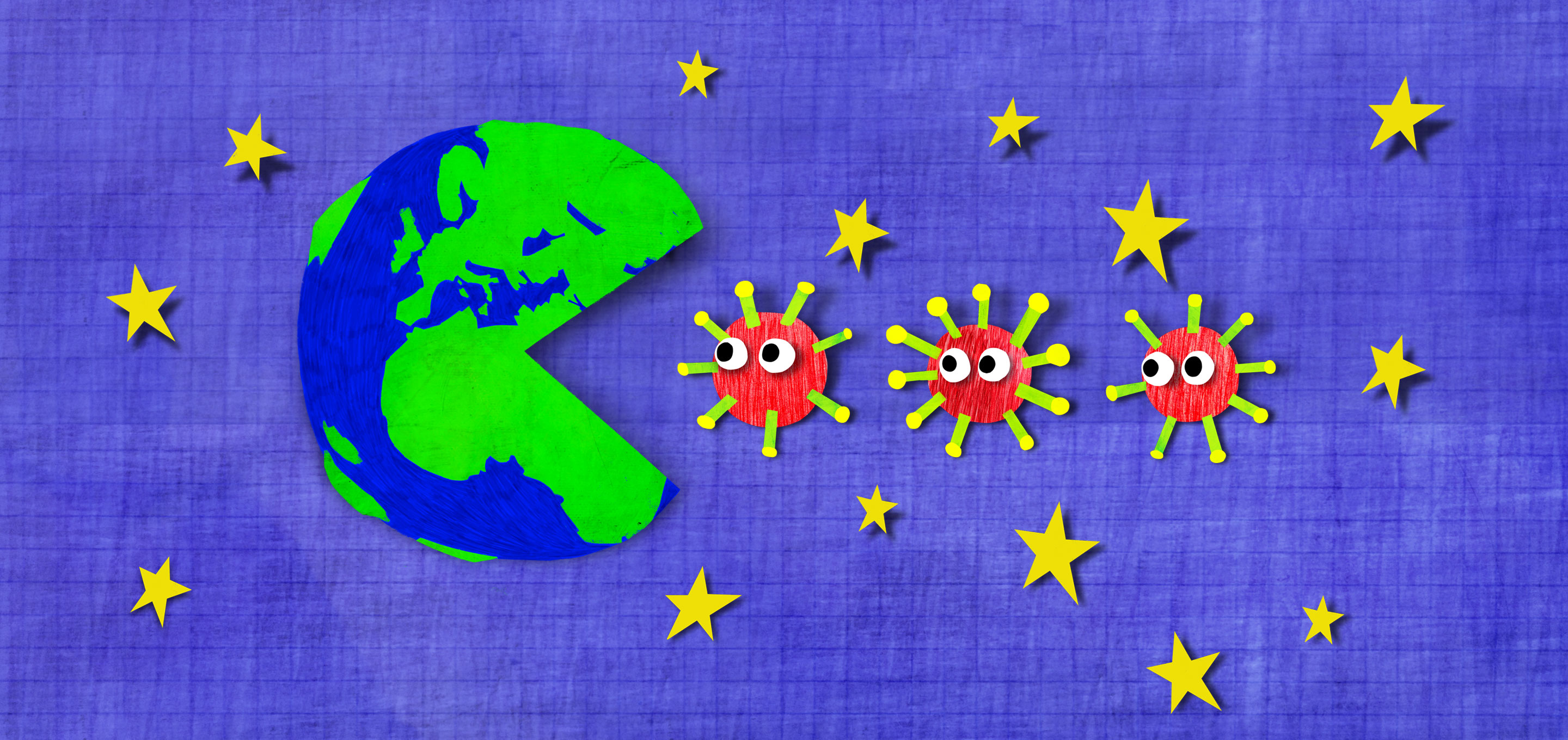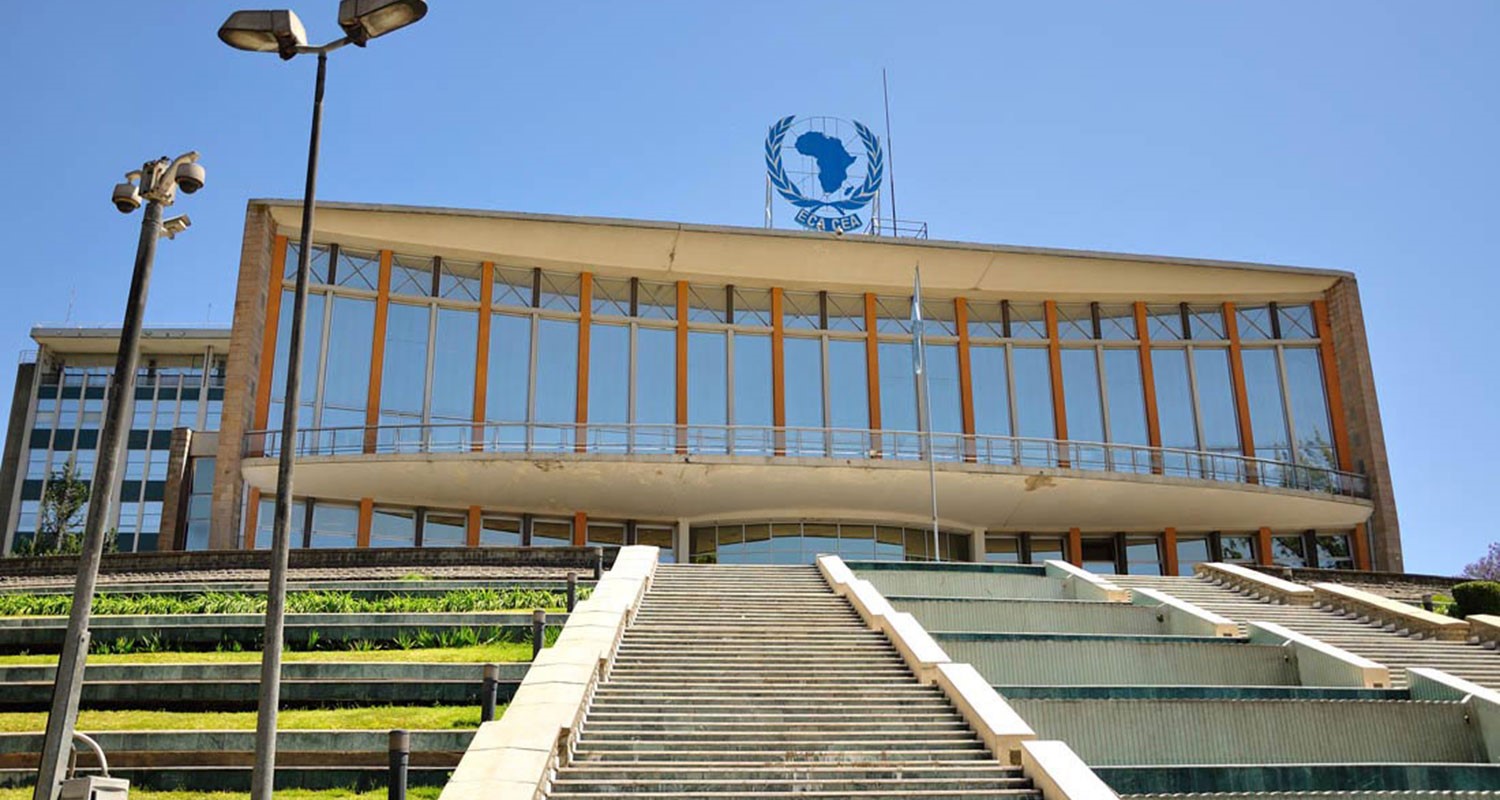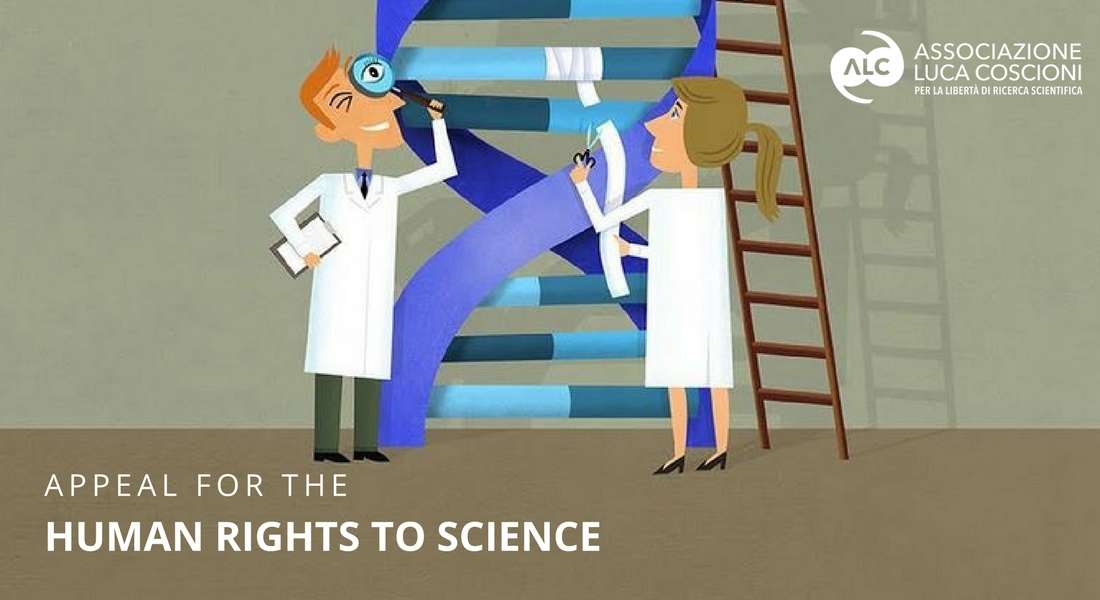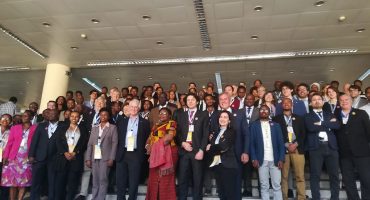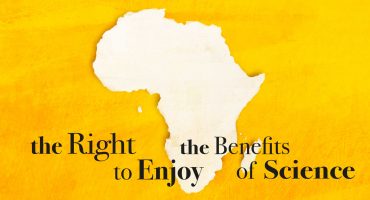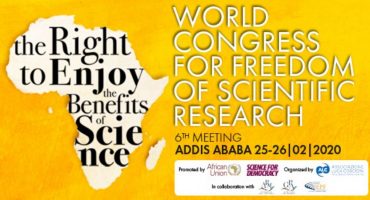Research and Self Determination Index
The Research and Self-Determination Index measures the degree of freedom to investigate human biology and to exercise self-determination with regard to our bodies.
Expanding medical knowledge through research, enhancing patients’ well-being through medical treatment, and securing the best available treatment are universal aspirations shared by researchers, health care professionals and patients around the globe.

Abortion
Abortion and contraception allow women to express their freedom of reproduction by exercising their right of self-determination over their bodies.

Assisted reproduction
Access to assisted reproduction concerns our ability to expand our freedom of reproduction by offering us the opportunity to have children notwithstanding infertility.

End of Life
End of life decisions concern our ability to make choices concerning the end of our lives and take of the form of refusal of life sustaining treatment, being help in committing suicide, choosing euthanasia, and make choices that must be upheld even when the person becomes unconscious.

GM Crops
GM crops have contributed significantly to modern agriculture. Plant breeding using genetic modification techniques has led to improving crops in more targeted ways than classical breeding techniques.

Research with embryo
Research with embryos and pre-embryos as well as therapeutic cloning concerns scientists’ freedom to investigate human biology as well as patients’ freedom to access regenerative medicine treatments that may be developed as a result of research with human embryonic stem cells.

Right to science indicators
The human right to science is recognized in Article 27 of the Universal Declaration of Human Rights and Article 15(b) of the International Covenant on Economic, Social and Cultural Rights.
25-26 February 2020, Addis Ababa, Ethiopia
The 6th Meeting
The 6th meeting of the World Congress for Freedom of Scientific Research
Addis Ababa, 25-26 February 2020
The Associazione Luca Coscioni and Science for Democracy are organizing the 6th meeting of the World Congress for Freedom of Scientific Research in Addis Ababa, Ethiopia from 25 to 26 February 2020. The event is co-sponsored by the Commission of the African Union in the person of Sarah Mbi Enow Anyang Agbor, Commissioner for Science and Technology. The themes at the center of the debate will be identified to contribute to the global debate on the “Right to Science”, which constitutes the object of the latest “General Comment” adopted by the UN Committee on Economic, Social and Cultural Rights. The Congress will therefore include speakers and round tables on the promotion of scientific culture, open access to science, vegetal biotechnologies, rare, infectious and non-transmissible diseases as well as aero-space.
Appeal for the Right to Science
We the undersigned
call on governments
to respect their international obligations concerning the full enjoyment of human rights; to support the scientific enterprise at the national, regional and international levels; to promote and protect scientific culture and education, including humanities, at the national level, including through international cooperative projects…continue reading
From the body
to the body politic



